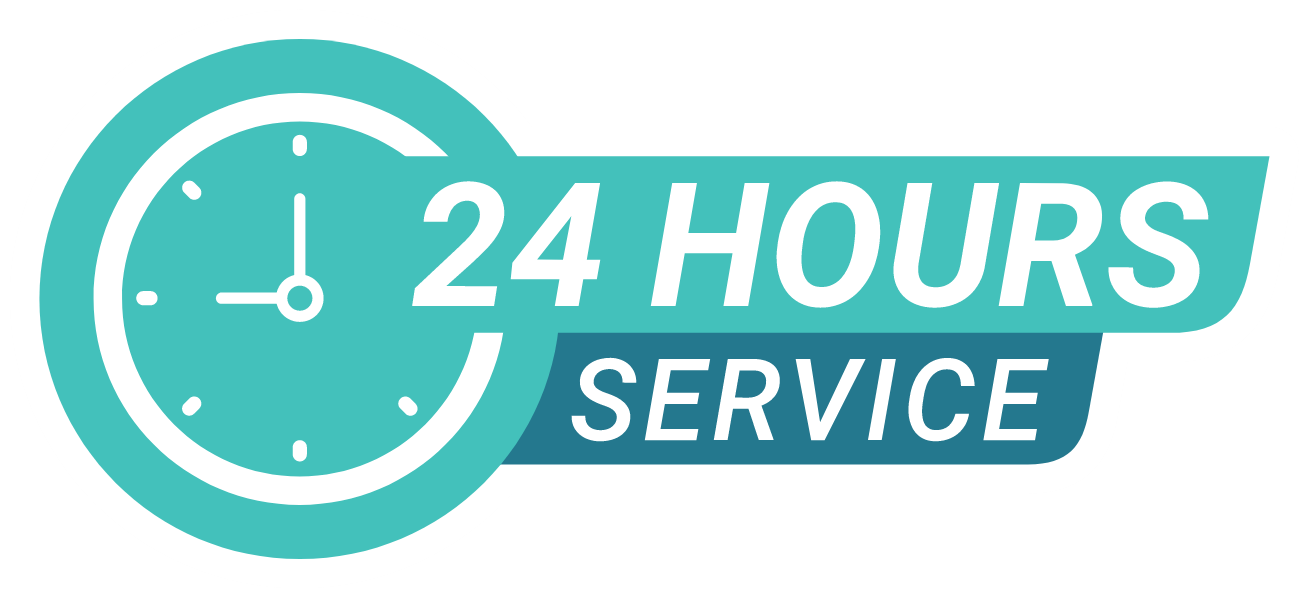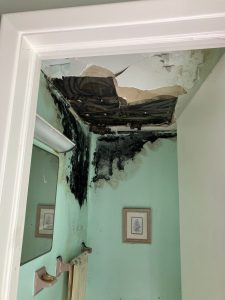Updated: Jan 12, 2022
Property ownership is a blessing and a curse. If you own a home or other property, you may have experienced a few of the pitfalls of property ownership: plumbing emergencies, electrical mishaps, appliance malfunctions or more. However, one of the biggest nightmares for a property owner is walking into your basement or lower level to find it under water. Even worse: the water is visibly contaminated with silt, sludge and other debris. Your immediate thoughts range: how bad is the damage? Can I clean it up myself, and if not how long will it take and how much will it cost? Do I have to throw all my belongings away? Will my health or the health of my family and occupants be adversely affected?
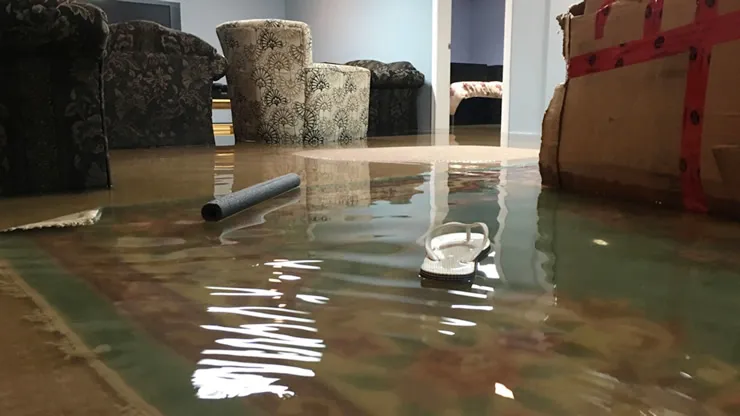
One of the biggest nightmares for a property owner is walking into your basement or lower level to find it under water.
Sewage backups immediately create stressful situations and can result in significant losses and health hazards.If you are a property owner, you should be aware that sewage pipelines running between your property and your locality’s sanitary sewer main are YOUR responsibility. While any property with plumbing runs a risk of a sewer backup, spaces that are prone to flooding or have especially old pipes are at extra risk.
Fortunately there are several things you can do immediately to mitigate future sewage losses. The first thing you can do is ensure you have sufficient property coverage to accommodate a significant sewage claim. Many standard homeowner’s policies do not include coverage for sewer backups, but additional riders can be obtained inexpensively to cover sewage backups, sewage backup losses, and the costs to repair and replace aging sewage lines. Such coverage is important; because sewer pipes run underground, there is no way to reliably and easily determine their condition.
Providing good old fashioned care with your plumbing is another way to mitigate future sewage damage. Backups resulting from clogs can often be prevented with responsible use…
First of all, your garbage disposal is not a way to create your own “Will it Blend?” videos. Don’t attempt to grind anything glass, plastic, metal or paper. Also avoid grinding fibrous foods such as celery, corn stalks, onion skins, or a large quantity of potato peels. A garbage disposal is not a trash can and non-biodegradable materials in the pipes can lead to clogs. Also avoid pouring grease, fat and oil down the drain. Fats can combine with other food waste to solidify and adhere to pipe walls, accumulating over time.
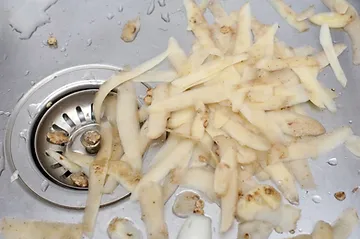
Next, be mindful of what you’re flushing. The same rules apply as garbage disposals: avoid flushing non-biodegradable items at all costs. Especially avoid flushing diapers, sanitary napkins, wipes (exercise caution even with flushable wipes), paper towels, and excessive amounts of toilet paper. Again, these materials can accumulate in pipes leading to backups.
Even though your pipes are underground, some hints about your pipe health can be observed above ground. Tree roots contribute to many costly plumbing repairs a year. Roots actually seek out the water, nutrients and oxygen from pipes essential for plants to grow. The result? Roots penetrating small cracks or loose joints and growing inside of pipes, causing devastating backups. Be aware of where pipes grow underground on your property and being mindful of trees growing near these pipes can help you diagnose potential drain backups before they begin. If you already have trees growing proximate to your sewer lines, consider scheduling yearly cleanings of your sewer lateral.
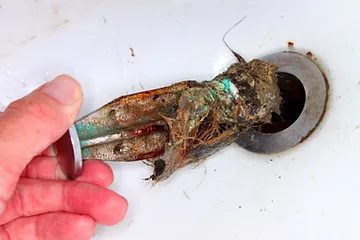
Some additional steps you can take to ensure clean and easy drainage include regularly checking sink drains and drain traps for hair and debris, removing drain cover and clearing hair and debris from showers and bathtubs, cleaning your garbage disposal monthly by grinding ice and table salt to remove grease from blades, and using mesh screens over
drains. You should also have high quality plungers and drain snakes for treating small clogs, instead of using chemical drain cleaners. When improperly used, chemical drain cleaners can cause more damage. If you have a crack or lead in your pipe, drain cleaners can leach into soil or groundwater. They are also ineffective on clogs caused by solid or inorganic objects, and can crystallize in the pipe, worsening the clog and making it harder and more costly to repair. For clogs that can’t be easily cleared, it’s always best to contact a qualified plumbing service to assess and repair clogs and assess your pipe health.
Check in next week for “Part II – Aftermath of Sewage Damage” for more valuable tips on avoiding sewage damage in your property. When you need a sewage cleanup expert, you can depend on Tri State Restorations for help. We have teams throughout the DC Metro area, including the cities of Fairfax, Rockville, Frederick, Manassas, Reston and Bethesda. If you have an emergency anywhere in metropolitan Maryland, Virginia or Washington D.C., we promise to arrive at your home within 90 minutes, seven days a week.
#sewage #sewagedamage #sewagecleanup #sewerbackup #sewageinhome #mdsewage #vasewage #dcsewage
Sharing is caring!



